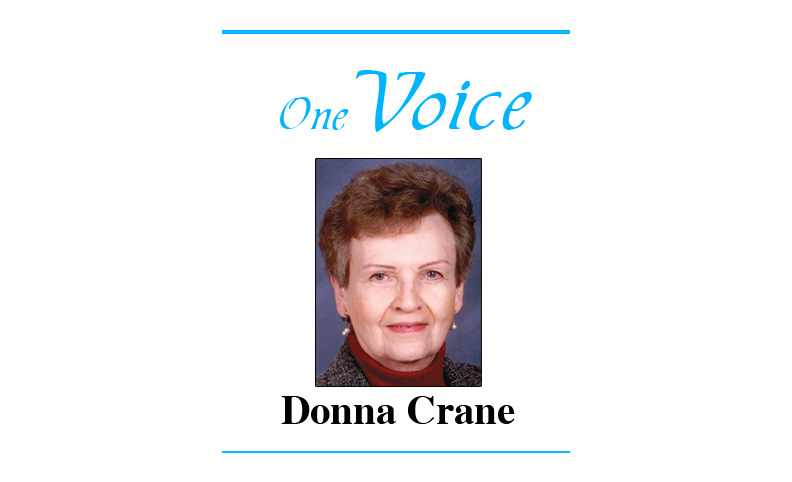
Second of three parts
The first part is at thevoice.us/genesis-purpose-of-the-1619-project-explored
The 1619 Project: A New Origin Story by Nikole Hannah Jones, editor, recently was examined in the Kirkus Reviews, which reviews books.
In part one, the purpose of the 1619 Project was explored, which started with with the first ship which arrived 1619 in the Brish colony of Virginia in 1619 with a cargo of between 20 and 30 enslaved humans from Africa. The arrival was the beginning of human slavery which lasted until the end of the Civil War in the United States in 1865.
Karen Long adds to the narrative of The 1619 Project which relates 19 esays exploring the legacy of slavery with 36 poems and shorts bursts of fiction. Each essay begins with a full-page photograh of an everyday African American.
“The first shows a soldier in Germany in the 1960s standing beside his jeep. He is Milton Hannah.
“His daughter took questions over Zoom, an interview that coincided with Hannah-Jones’ first day in her new office at Howard University, where she teaches at the Center for Journalism and Democracy. The conversation has been edited for length and clarity.
“When Margot Lee Shetterly wrote Hidden Figures, she memorably said that ‘to tell a true story, we must tell a complete story.’ Is the 1619 Project working that vein?
‘“That is the goal to me. It’s not arguing that this is the only rendering of history, that this provides all the understanding you need. But it is directly challenging the narrative of this country that most of us receive, certainly challenging the narrative of American exceptionalism. Your understanding is shaped by what you know, but by what you don’t know.
‘“Wesley Morris ends his unforgettable music essay, ‘If freedom is ringing, who on earth wouldn’t want to rock that bell?’ Talk about his contribution and your disclosure that you two wept together when the newspaper project went to press.
‘“There is no writer in America like Wesley Morris. His mind is just brilliant. He thinks about culture in a way I never could. I always thought culture writing was frivolous. But I always knew there would be a music essay in this book, and he was able to find the angle to make you think about the black music in an entirely new way.
‘“This work was the most emotionally taxing work I have done, trying to get it right, being completely immersed in the horrors. Wesley and I were always talking about it, trying to process it, conversations you can only have with another Black writer. All of us were afraid we wouldn’t live up to the task. But we saw it laid out, and it was so clear. And the pain of it was there, too. He and I sobbed together, and I never cry in newsrooms.
‘“Ibram X. Kendi’s essay suggests that our ideal of racial progress ‘does more than conceal and obfuscate; it actually undermines the efforts to achieve and maintain equality.’ And he gives the stinging example of Chief Justice John Roberts’ unwinding voting rights protections in 2013 because, in Roberts’ words, ‘things have changed dramatically.’
‘“We are constantly battling this idea that things aren’t as bad as they used to be. It’s very seductive, but it allows us to accept a great deal of inequality in the present. The worst thing for me is for people to come through this book and say, ‘How terrible things were back then.’ Not having slavery, or not having Jim Crow, is not justice. We are clearly in a moment of backlash, and we are dangerously close to backtracking right now.
‘“Is the momentum from Black Lives Matter dissipating?
‘“Absolutely, dissipating. Because of the work I do, so much reading and writing and thinking about the past, I don’t tend to be a hopeful person; it is not personally useful to me. But I couldn’t help but think something did feel different because of last year. It is hard to see now how little has changed. It’s hard to see how few companies and institutions are speaking up now. The federal policing reform bill is dead. The polling of white support for the movement, whites who see structural inequality as a major limit to black Americans, those numbers have just plummeted.
“The backlash to the 1619 Project, the passing of bills to prevent teaching it, is a reaction to the movement last year. This backlash is arguing that this project just wants you to feel bad as a white person. That’s not the point, but that is politically useful to the right. Race is useful to divide the country.’”
Continued at thevoice.us/the-1619-project-creates-startling-reactions

